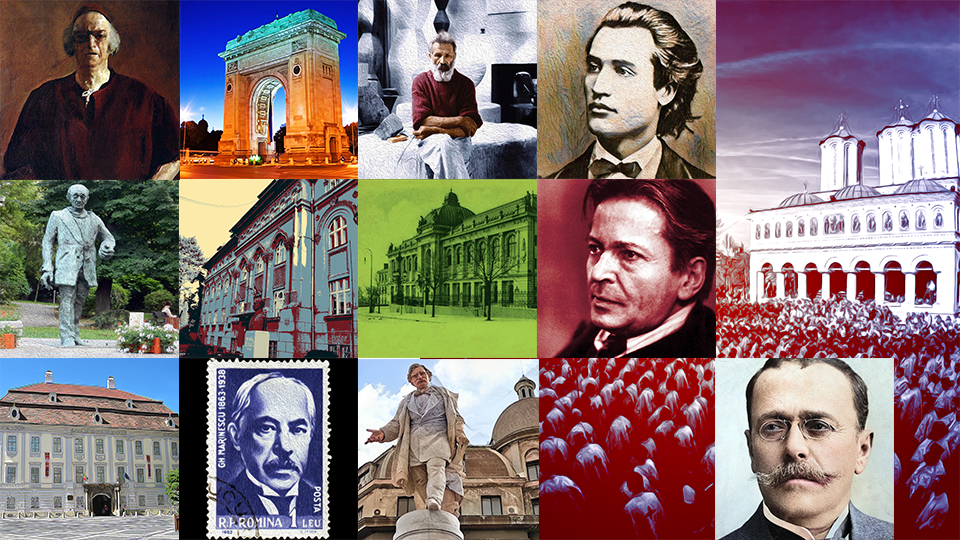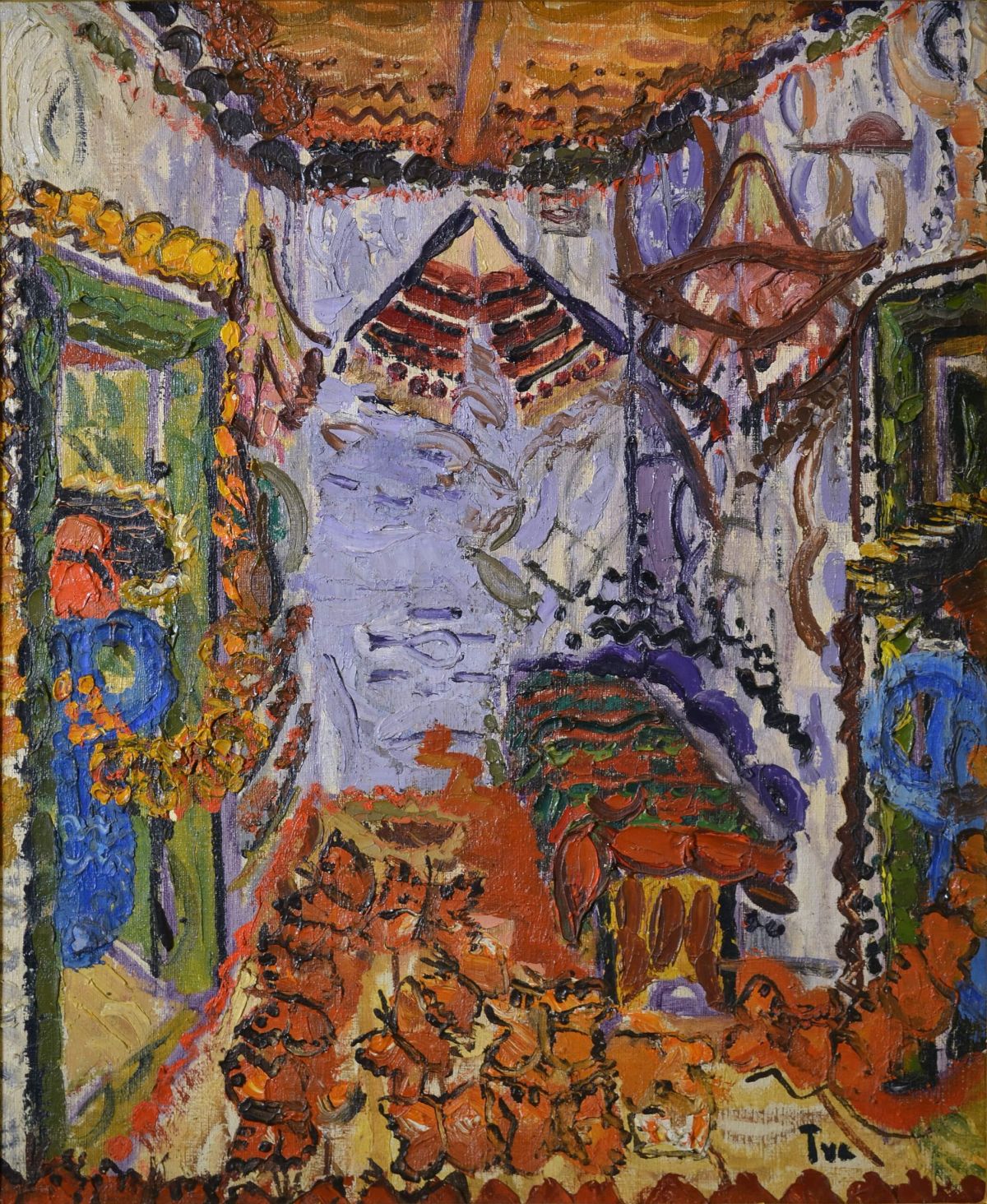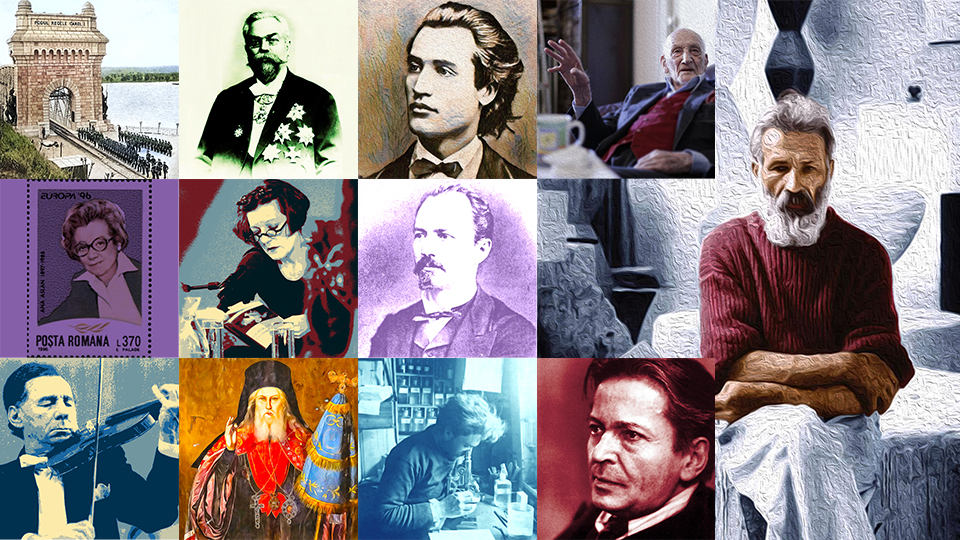Constanta Dunca-Schiau
The modernisation of the Romanian Principalities, beginning in the first half of the 19th Century, gradually brought about a change in perceptions with respect to womens role in society.
Warning: Trying to access array offset on null in /home/web/rri.ro/public/wp-content/themes/rri/template-parts/content.php on line 53

Warning: Trying to access array offset on null in /home/web/rri.ro/public/wp-content/themes/rri/template-parts/content.php on line 98
Christine Leșcu,
06.04.2018, 19:55
The modernisation of the Romanian Principalities, beginning in the first half of the 19th Century, gradually brought about a change in perceptions with respect to women’s role in society. Naturally, the change started in urban, well-off communities, where people were more in touch with modern ideas, and implicitly more open to implementing them. Consequently, the emancipation of women first started among noble families and among traders, reaching rural communities only later on.
Nicoleta Roman, a researcher with the Nicolae Iorga History Institute and the author of a book entitled “Women, honour and sin in 19th Century Wallachia,” wrote about the distribution of social roles in the 19th Century Romanian society: “The 19th Century is, to a substantial extent, marked by this strict division of roles, between the public and the private life. Women were part of the private life area: they took care of the household, and they represented the family in public as a contribution to their husbands’ social status. Men, on the other hand, had more extensive public roles: they had professions and jobs, they were able to travel, and so on. Obviously, this separation was not complete, the 2 areas could overlap.”
Thanks to this communication between the 2 areas, women gradually stepped out of the household domain they had been limited to, and started to express themselves in the public sphere. In the early 19th Century, it was women who made a massive contribution to the adoption of the Western dress codes, and it was also women who first translated Western texts into Romanian. An example in this respect was Elisabeta Stirbey, a princess consort of Wallachia in mid-19th Century and the one who set up the first Romanian-language school for girls in the Principality, in 1943.
Nicoleta Roman gave us details: “Translations began to be published, particularly from French, encouraged by members of the Romanian nobility. For instance, Elisabeta Stirbey, wife to Prince Barbu Stirbey, who encouraged translation work and translated a children’s book herself. Then there were the wives of the Romanian personalities involved in the 1848 Revolution, such as Maria Rosetti. If we read the diary and correspondence of politician C.A. Rosetti, prior to his meeting his future wife, Mary Grant, we find out that he was looking for a ‘partner’. This is exactly the word he uses, a ‘partner’ with whom he could also discuss. This was a revolutionary idea.”
The revolutionary ideas in the Romanian society of the day were also embodied by a woman who achieved some extraordinary things: Constanta Dunca-Schiau. Hailing from a wealthy family from Maramures called Dunca, Constanta was the first Romanian woman to study abroad and also the first to take the exam to become a teacher and earn a certificate to this effect at the Sorbonne. After coming back to Romania, she wrote a paper entitled “The Nation’s Daughters”, which she submitted to the ruler and the Chamber of Deputies and which contained proposals on the establishment of a public education system for girls. Her paper comprised ideas on the structure of female education, including the obligatory subjects of teacher training schools, the differences in the structure of rural and urban education, the establishment of an arts and crafts school for girls and the reforming of orphanages. In 1863, Constanta Dunca-Schiau became the director and owner of a publication called “Amicul familiei”, which she ran until 1868. The purpose of the magazine was to promote the reforms necessary for the education of young women and the transformation of families. Family was, in fact, the main concern of public female figures in the 19th century, as women remained tied to what was considered to be their main areas of interest: the domestic space and children.
Nicoleta Roman: “They knew they could not go any further if they shattered the official discourse and came across as being too revolutionary. So they took it one step at a time to arrive at important subjects, as Constanta Dunca-Schiau did in the 1860s, when she raised the issue of female education in her publication. The feminist movement in this country owes a lot to this group of professional women that included women teachers and traders and even women from the ruling classes.”
In 1863, Constanta Dunca-Schiau became a pedagogy teacher at the Central School for Girls in Bucharest, a position she kept until 1872. In 1871, she had married Antoniu de Schiau and had to give up her pedagogical activity to accompany her husband to Budapest, where he took up a post as a legal adviser. Constanta died in 1924.






























